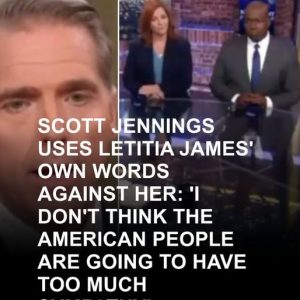In recent weeks, the U.S. Department of Homeland Security announced that during a series of ICE raids across Los Angeles, more than a dozen undocumented immigrants suspected of criminal activity—many with prior convictions—were arrested among hundreds detained. These operations ignited protests in downtown L.A., with demonstrators attacking ICE vehicles, blocking streets, and engaging in confrontations with authorities. Local residents and rights groups sharply criticized the tactics used: one family with children was reportedly confined for 48 hours with minimal food and water in makeshift detention space, and complaints surfaced that families had been separated without proper accommodations.
Tensions escalated further when President Trump deployed 2,000 National Guard troops (and later up to 4,000 along with 700 Marines) to Los Angeles to support federal enforcement and protect federal buildings. California officials, notably Gov. Gavin Newsom and Attorney General Rob Bonta, strongly opposed the deployment, calling it unconstitutional and a violation of state sovereignty. A federal judge initially ruled Trump’s takeover of command was illegal, but an appeals court issued a stay allowing the troops to remain pending further review.
At the heart of the dispute lies a broader tension over federal versus local authority. DHS publicly lambasted city leaders for allegedly obstructing law enforcement and pledged to continue operations regardless of local resistance. Local officials, advocacy groups, and several state attorneys general have filed legal challenges arguing that the federal tactics infringe on civil liberties and constitutional limits. As the legal battle proceeds, the clashes in Los Angeles have come to exemplify the fraught battle over immigration enforcement, military authority, and the balance between national priorities and local governance.





